Vista Energy to invest USD 4.5 billion in Argentina between 2026–2028
According to the company’s 2026–2028 strategic plan, the projected investments aim to increase Vaca Muerta production by 60%, reaching 180,000 boe/d in 2028

According to the company’s 2026–2028 strategic plan, the projected investments aim to increase Vaca Muerta production by 60%, reaching 180,000 boe/d in 2028
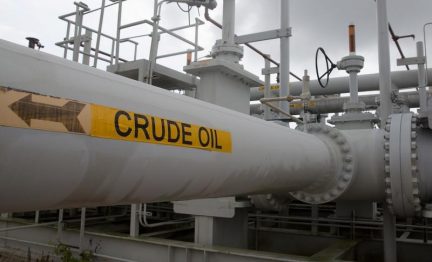
Global demand for oil and gas could continue to rise until 2050, the International Energy Agency (IEA) said, marking a shift from its earlier expectations of a rapid transition to cleaner fuels and warning that the world is unlikely to meet its climate goals

“This is the fifth-deepest well Petrobras has ever drilled, and it is a pioneer well in an unexplored area. That requires great care,” said Sylvia Anjos, Petrobras’ Exploration and Production director, at a press conference
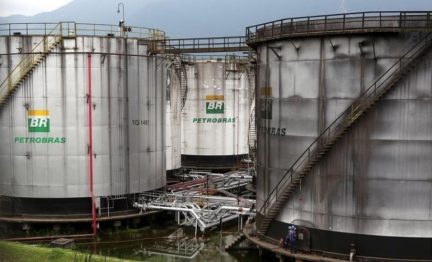
The company’s CFO, Fernando Melgarejo, attributed the profit to an increase in crude output, which helped offset the decline in international prices
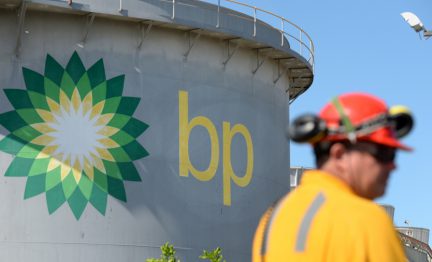
British oil company BP announced a net profit of USD 3.477 billion in the first nine months of 2025, 48.6% higher than in the same period a year earlier, thanks in part to improved performance at its production facilities
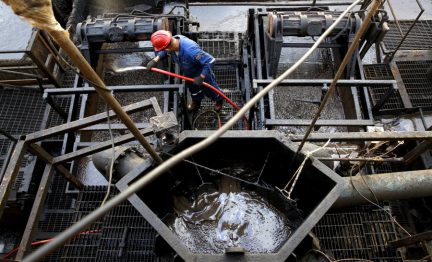
The ministers of eight OPEC+ member countries, led by Saudi Arabia and Russia, decided in an online meeting to increase their oil supply by 137,000 barrels per day (bpd) starting in December

Petrobras produced an average of 4.54 million barrels of oil and gas equivalent per day in the third quarter of 2025, 17.3% more than in the same period last year, the company reported
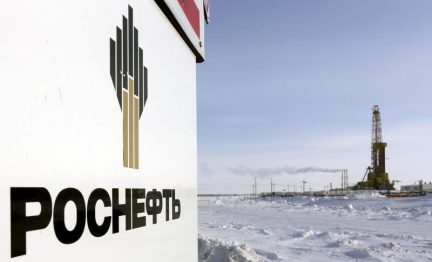
U.S. President Donald Trump hit Russia’s two biggest oil companies with sanctions in a sharp policy shift on Moscow’s war in Ukraine, prompting global oil prices to rise by 5% and India to consider cutting Russian imports

Brazil has authorized controversial offshore oil exploration near the Amazon, less than a month before it hosts the U.N. climate summit (COP30), where it aims to present itself as a leader in environmental preservation

The governor of Neuquén authorized Pluspetrol to cede to GeoPark 100 % of its stake in the exploitation concession at Puesto Silva Oeste and in the natural gas transport concession from Puesto Silva Oeste to Neuba II